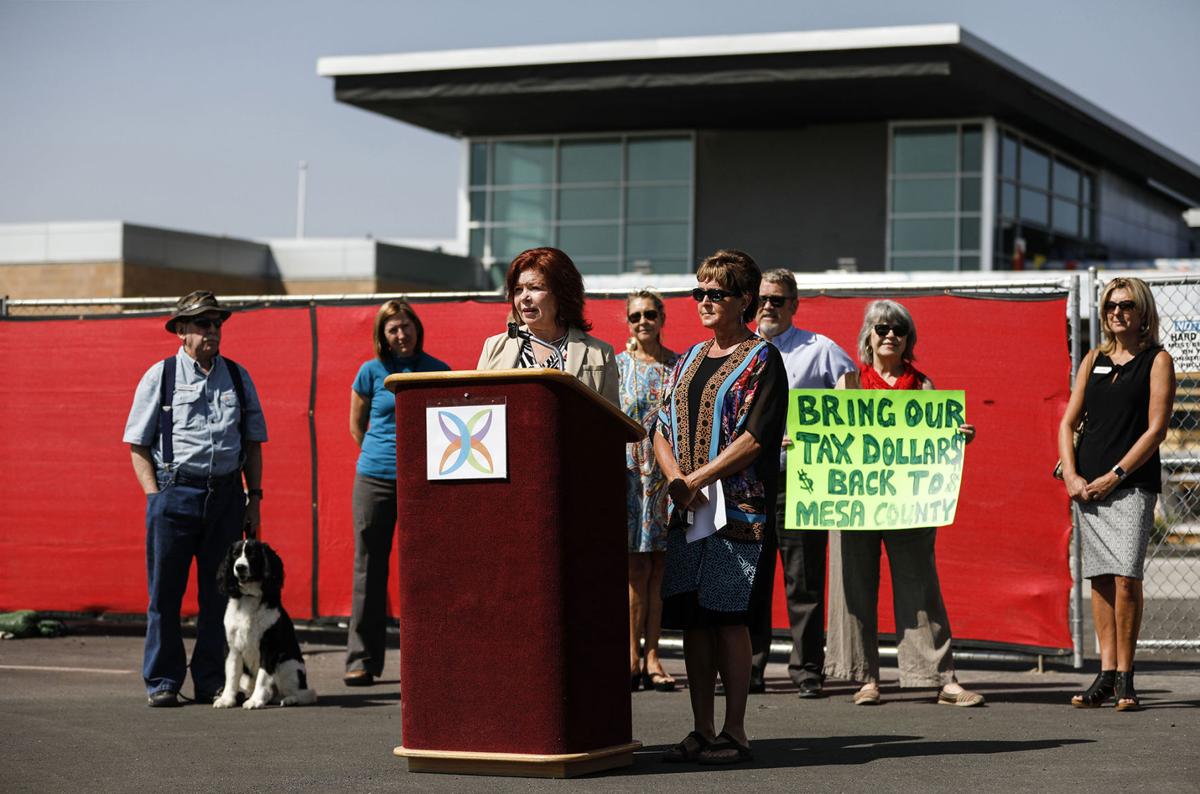Beware the seven county-wide property tax hike, Question 7G
October 19, 2018
 Almost 60% of Colorado’s population, roughly 2.8 million people, live within the seven county Urban Drainage and Flood Control District (UDFCD). If you are a voter within this district, you will see question 7G on your ballot, the first question ever referred by the district since its creation in 1969. The ballot language asks voters to approve a $14.9 million property tax increase, and to exempt that new money from the revenue limits in the Taxpayer’s Bill of Rights (TABOR). They deceptively claim this really isn’t a tax increase, but rather just a full restoration of their taxing authority.
Almost 60% of Colorado’s population, roughly 2.8 million people, live within the seven county Urban Drainage and Flood Control District (UDFCD). If you are a voter within this district, you will see question 7G on your ballot, the first question ever referred by the district since its creation in 1969. The ballot language asks voters to approve a $14.9 million property tax increase, and to exempt that new money from the revenue limits in the Taxpayer’s Bill of Rights (TABOR). They deceptively claim this really isn’t a tax increase, but rather just a full restoration of their taxing authority.
If you are like me and want your community protected from flooding, and also love spending time near your local pond or stream, then why would you want to vote against such a proposal?
The answer has to do with two things, common sense and government entitlement.
Any voter with common sense would want to find out how the money is to be spent and what kind of oversight mechanisms are in place. Unfortunately, the Flood District has never held an election that allows citizens to choose their board of directors. Instead, 20 of the 22 directors of the District are politicians appointed by local city councils or county commissioners. For example, the Mayor of Broomfield was appointed to the board by Broomfield City Council. These politicians then appoint two professional engineers to serve with the Board Continue reading






